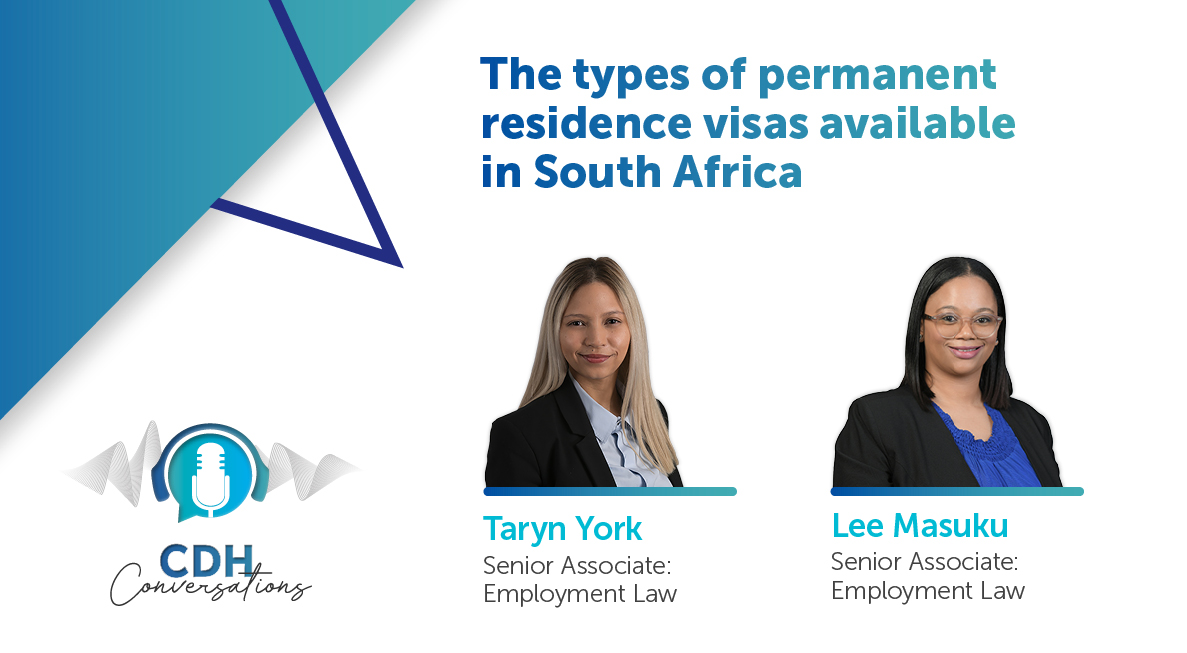Incorrect form, irrelevant substance: A discussion on the case of Applicant X v The Commissioner for SARS
At a glance
- Procedures are important for predictability and adherence to court requirements. Failure to follow proper procedure can result in unfavorable outcomes.
- In the case of Applicant X v The Commissioner for the South African Revenue Service, the applicant's claim for home office expenses was dismissed due to a procedural error in delivering the notice to the appropriate address.
- The court awarded costs against the applicant on a punitive scale, considering the applicant's conduct as vexatious and imposing a financial burden on the South African Revenue Service (SARS).
When that procedure is blatantly disregarded, one risks walking away with a bigger burden than what was originally at stake. Such was the case in the matter of Applicant X v The Commissioner for the South African Revenue Service 2022/12 (ADM) [2022] JHB (21 December 2022) which involved a dispute over an amount claimed by the applicant for certain home office expenses. Derogation of court procedure found the applicant walking away with a bit more than she could chew.
Facts
During the compilation of her 2021 tax return, the applicant had made a claim for home office expenditure in the sum of R137,118. The South African Revenue Service (SARS) had issued her with an original assessment on the same day of her filing her return, and later an additional assessment which reconsidered the original assessment issued. Dissatisfied with this, the applicant filed a notice of objection on 16 September 2021, insisting that she had incurred home office expenditure in the sum of R100,501 and disputing the additional assessment raised by SARS. She filed another objection on 26 October 2021 after SARS had failed to respond to her earlier objection. (Note: The judgment elsewhere makes reference to to the lodging of an appeal on 26 November 2021 and to SARS invalidating the initial objection on 18 January 2021. However, the court’s finding is does not turn on these facts and whether the dates are correct.)
When she had not received a response from SARS, the applicant sought a default judgment order arguing that because SARS had failed to respond timeously to the notice delivered in terms of Rule 56 of the Tax Court Rules (Rules), the original assessment ought to be reinstated.
SARS, on the other hand, believed the matter was not brought before the court in the proper manner. The applicant had brought her notice in terms of Rule 56 where SARS was of the opinion that it ought to have been brought under Rule 52(1)(b) of the Rules. SARS further argued that the applicant did not comply with Rule 56, specifically as a notice indicating the applicant’s intention to apply for default judgment within 15 business days if SARS does not remedy the default within that period, was not delivered to SARS (Rule 56(1)(a)). It also alleges that Rule 56(1)(b) was not complied with.
Judgment
Notwithstanding the issues of merit, it was clear to the court that the question of procedure ought first to be resolved. The key question being: Was the application properly delivered in terms of Rule 56(1)(a) and 56(1)(b)?
The court considered Rule 50 of Part F of the Rules to understand what constitutes “delivery”. It provides that when determining the address to which applications on notice ought to be delivered, one should refer to the address as stipulated under Rule 2. Rule 2 goes on to state that the address for delivery may include an address that:
- the taxpayer or appellant must use or has selected under these rules;
- SARS has specificied under these rules or, in any other case, the Commissioner has specified by public notice as the address at which the documents must be delivered to SARS; or
- is determined under Rule 3 as the address of the clerk or the Registrar.
Within the context of this case, the address as stipulated by the Commissioner in a public notice was key. The public notice in question would be Government Gazette No. 38666 dated 31 March 2015 which indicates the physical and email address to which delivery of any document, notice or dispute request may be addressed.
It was quickly apparent that the applicant did not in fact deliver the notices in terms of Rule 56(1)(a) and 56(1)(b) to the SARS Tax Court Litigation Unit, as required by the Rules. The applicant, delivered the notices to an email address of the Registrar of the Tax Court only and not to the Tax Court Litigation Unit. For this reason, the court found it unnecessary to go into the merits of the case as the application for default judgment stood to fail at that point.
Costs
The court granted SARS’ request for costs against the applicant on an attorney and client scale. While the court was aware that the imposition of costs on such a scale is limited to circumstances where the conduct of a party is quite clearly vexatious and reprehensible, the behaviour of the applicant was found to be exactly so. The court believed that the applicant’s application was vexatious and imposed a financial burden on SARS to oppose it. Thus, the court awarded costs on a punitive scale.
Comment
This case is a testament that hours of preparation into a performance can easily be rendered meaningless if not presented on the correct stage. It is an age-old reminder that while the merits of the case are exceptionally important, failure to follow the correct procedure can be the difference between you walking away with a win or a loss and then some. One can appreciate that the taxpayer in this case may have been desperate to obtain a positive outcome and avoid paying additional tax, given that the dispute arose during the COVID-19 lockdown, which took a financial toll on many. However, the case is a reminder that taxpayers should obtain proper advice when pursuing tax disputes against SARS, to ensure that simple procedural errors are not a stumbling block to achieving success. This is even more important in cases such as this, where it appears that the amount in dispute was a deduction of approximately R100,000, whereas the legal costs incurred (including the cost order) would likely exceed this.
The information and material published on this website is provided for general purposes only and does not constitute legal advice. We make every effort to ensure that the content is updated regularly and to offer the most current and accurate information. Please consult one of our lawyers on any specific legal problem or matter. We accept no responsibility for any loss or damage, whether direct or consequential, which may arise from reliance on the information contained in these pages. Please refer to our full terms and conditions. Copyright © 2026 Cliffe Dekker Hofmeyr. All rights reserved. For permission to reproduce an article or publication, please contact us cliffedekkerhofmeyr@cdhlegal.com.
Subscribe
We support our clients’ strategic and operational needs by offering innovative, integrated and high quality thought leadership. To stay up to date on the latest legal developments that may potentially impact your business, subscribe to our alerts, seminar and webinar invitations.
Subscribe




